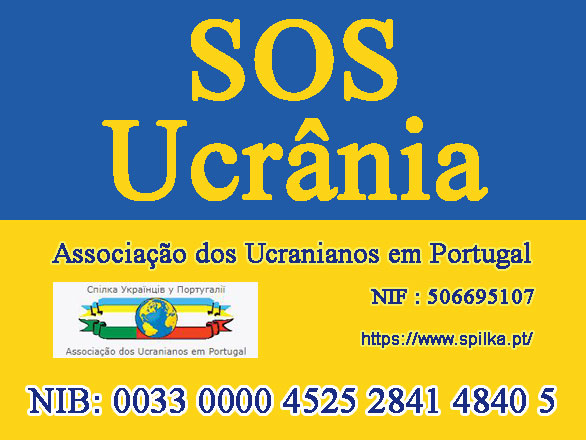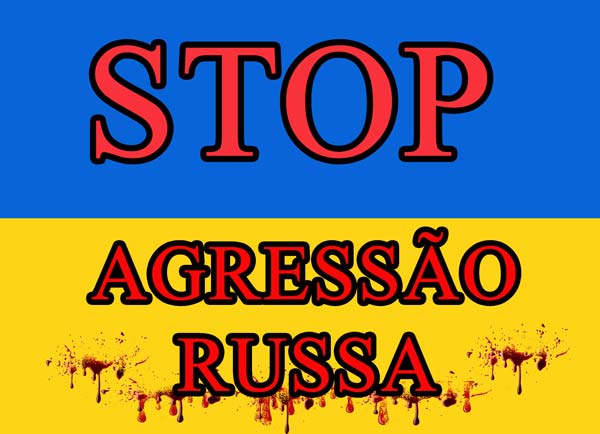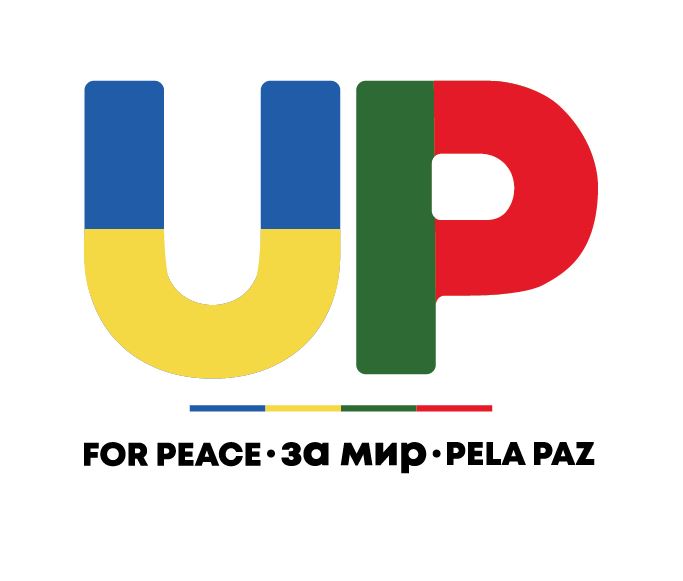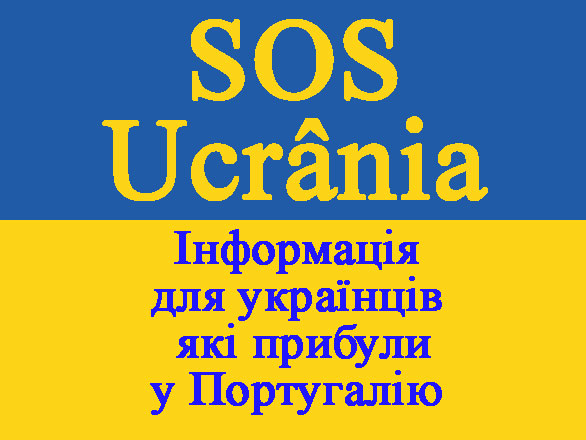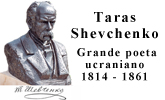- Закон України № 376-V про Голодомор 1932-33 рр.
- Офіційне визнання міжнародною спільнотою
- Суд над організаторами Голодомору-Геноциду
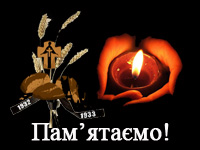 |
 |
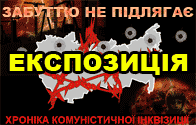 |
Статут Культурно-освітнього центру «Дивосвіт» при Спілці українців у Португалії
Увага!
- Українсько-португальська угода про соціальне забезпечення
- До уваги всіх, хто оновлює або отримує водійські посвідчення в Португалії
- У відпустку в Україну власним автотранспортом до 60 днів
- «Шлях Перемоги» - громадсько-політичний тижневик
A forgotten history, finally told
 Bitter Harvest, a new film about the man-made famine in Soviet Ukraine, sheds light on a tragedy so long dismissed
Bitter Harvest, a new film about the man-made famine in Soviet Ukraine, sheds light on a tragedy so long dismissed
My godmother, Nina, told me the truth. When I shared it with my history teacher, he said she was mistaken, or had lied. I was upset. I asked my parents who was right.
They gave me a book, Russian Oppression in Ukraine, which included firsthand accounts about the Great Famine of 1932-33 in Soviet Ukraine. I still have that very same green-covered volume. My first encounter with it was brief. I slammed it shut, shuddering at the black-and-white photographs inside – the remains of famine victims being heaved into a cart, the bodies of raped-then-murdered women jumbled on a bed, a massacred community’s corpses exhumed to identify the victims. Even though I looked away quickly, it was too late – a Pandora’s box of nightmares was freed. Those images, glimpsed decades ago, burden me to this day. Only a few minutes ago I dared look again. They remain harrowing.
The essay I penned got a poor grade. Defiantly, I presented the book to my teacher. Disdainfully, he gave it back, dismissing it as “anti-Soviet propaganda.”
What brought this decades-old high-school memory to mind was a new film, Bitter Harvest. As it ended, I glanced around the screening room. Some cried quietly. Others seemed uncertain about how to react. I know why. It’s a beautifully filmed love story about Natalka (Samantha Barks) and Yuri (Max Irons), set in an almost Edenic landscape saturated with colours evoking a verdant and fruitful life. Very soon, however, almost imperceptibly, it begins to soil, as the brutality of the Bolshevik occupation of Ukraine metastasizes Europe’s breadbasket into a modern-day Golgotha, a place of skulls. Can love survive such corrupting foulness? I don’t know.
The film is a love story about Natalka (Samantha Barks) and Yuri, set during Boshevik occupation of Ukraine.
More than four million people perished during the Holodomor – after Moscow’s minions stripped Soviet Ukraine of food, exporting grain even as widespread hunger took hold, sealing the borders to prevent anyone leaving or aid getting in, all while insisting there was no famine. Then Stalin’s shills buried the truth about one of the greatest genocides to befoul modern history, their dissembling given succour by scribblers such as Walter Duranty of The New York Times, who claimed: “There is no actual starvation or deaths from starvation, but there is widespread mortality from diseases due to malnutrition.” Privately, he told British diplomats “as many as 10 million people” died. Yet London never exposed this great Soviet lie. Why? In June, 1934, the Foreign Office’s Laurence Collier provided a humbug of an excuse for posterity: “The truth of the matter is, of course, that we have a certain amount of information about famine conditions … We do not want to make it public, however, because the Soviet government would resent it and our relations with them would be prejudiced.”
No wonder my teacher knew nothing about this man-made famine. Many still don’t. Stalin’s successors in the Kremlin remain Holodomor-deniers while fellow travellers in the West call upon the world to turn a blind eye to continuing Russian imperialism against Ukraine, lest we offend the “Great Russians.” Director George Mendeluk’s film will challenge those fake news peddlers. I’d wager Putin won’t want you to see Bitter Harvest. But I wish U.S. President Donald Trump would.
The Kremlin remains Holodomor-deniers, but the film challenges fake news peddlers.
It’s haunting. Scenes portray doomed Ukrainian insurgents charging their oppressors, a boy pawing desperately at dirt barely covering his mother’s just-buried remains, a fleeting shadow of self-doubt on a Red Army man’s face in a firing squad executing innocents – desperate people doing whatever they must to live, even collaborating with the very Communists who were their killers. Millions of Ukraine’s best sons and daughters were disposed of unceremoniously, tipped into collective boneyards. The survivors were leavings, entombed in a postgenocidal society, victims of a crippling legacy still unexorcised.
After Nina died, I helped clean her house. Every kitchen shelf was overstocked with non-perishable goods – bags of flour, sugar and canned preserves – supplies sufficient to sustain anyone for months. Dusk fell as we harvested. Her home slowly hushed. I grew disquieted in this silence, calling to mind her gentle whispering about the glutinous human flesh eaten in her village during the famine. Faced with this abomination, she scavenged worms and weeds rather than sup on what others devoured. She swore never to be without food again. That’s how Nina saved her soul and came to share the truth about Ukraine’s bitter harvest. As for the food we took from her home that fall day, it went to feed the hungry. She would have liked that.
Lubomyr Luciuk is a professor of political geography at the Royal Military College of Canada.
|
|
- Перегляди статей
- 22600776


